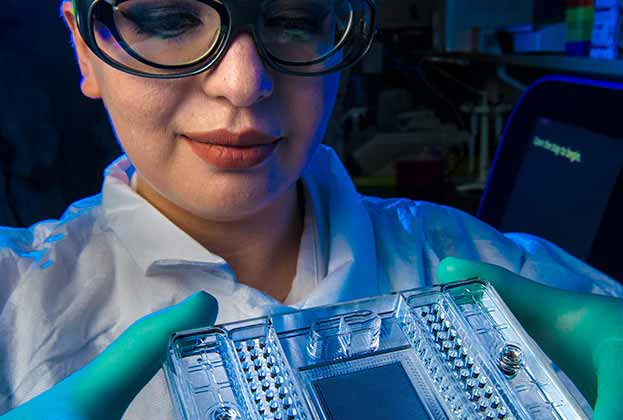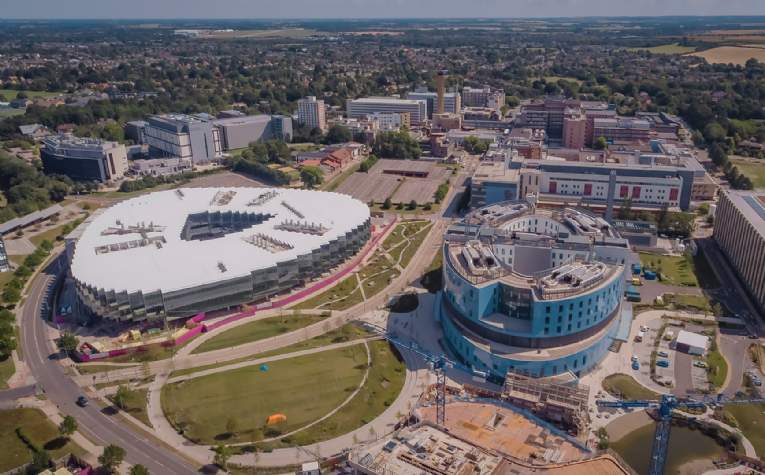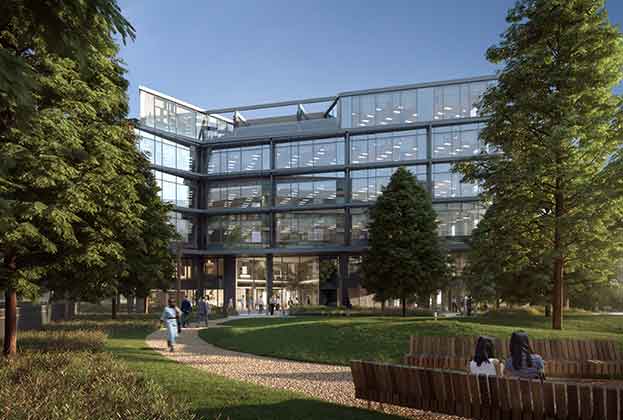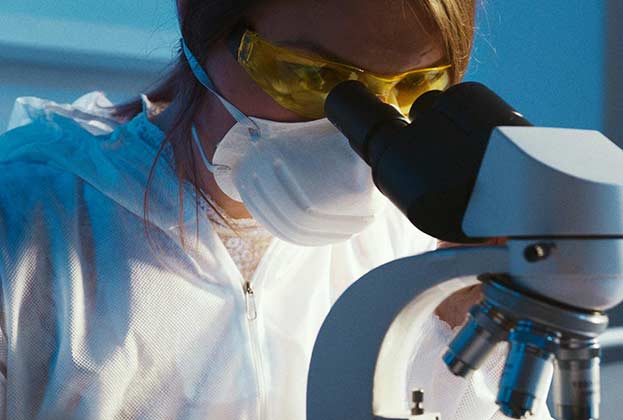There has undoubtedly been a significant increase in occupational demand in key science markets across the UK in recent years, which has primarily been driven by greater levels of investment. To put this into perspective, in London alone there has been a 300 per cent increase of life science companies reaching more advanced stages of funding over the past five years.
One of the largest and fastest expanding areas of scientific discovery is vaccine technology, which no doubt has been driven by the Covid-19 pandemic. Consequently, venture capital (VC) investment into this growth sector in 2021 saw a 570 per cent increase when compared with 2020.
Essentially, the pandemic drove the creation and approval of safe and effective vaccines for Covid-19 in a matter of months. As a result, new partnerships and ways of working have been forged between industry, governments, non-governmental organisations (NGOs), healthcare systems, payers and regulators in order to get vaccines and therapies approved and deployed. This, coupled with a renewed appetite for investment in life sciences, presents a great opportunity for biopharma and med tech to embrace the pace of change and new ways of working to accelerate the approval of their products.
One area in particular that is attracting considerable interest is the development of vaccines to treat cancer. The same technologies that were used to protect billions against Covid-19 could lead to exciting breakthroughs in preventative treatment.
Vaccines used to fight Covid-19, for instance, work by training the immune system to recognise the virus without causing disease by fooling the body into thinking they are seeing the ‘real thing’. This is achieved by delivering a harmless component of the virus into our system to produce responses that can neutralise and eradicate the virus when it infects the body.
The principle behind cancer vaccines is similar as it can be caused by infectious diseases. Vaccines, therefore, can be successfully deployed to prevent these infections. However, most cancers are caused by mutations and inherited genetic traits that make an individual more susceptible.
The advances that have been made in the development and manufacturing of vaccines means that they can now deliver cancer antigens effectively, so the immune system can track down and kill cancerous cells. While largely in development as immunotherapies to help boost the immune response in patients with existing diseases, the hope is that they can also be used to prime the immune system of susceptible individuals before they are diagnosed, in the same way vaccines are used to prevent Covid-19 and flu. This could represent a paradigm shift in the way that we treat cancer.
From a real estate perspective, this will further increase demand for office, R&D and manufacturing space in existing science markets and enable the establishment and growth of new and emerging locations.
These companies will predominantly need level two wet labs, which at present are in very short supply. There is some committed pipeline supply coming through in Oxford, Cambridge, London and Birmingham, but most of this will take another two years to complete. Alternatively, occupiers will have to look at converting office space, which can be technically challenging and expensive.
Many of these companies will also be fueling the increasing demand for manufacturing space over the next two to five years as they reach commercialisation and look to deliver patient treatment.
Further information
Contact Steve Chatfield or Tom Mellows

.jpg)

.jpg)
.jpg)


.jpg)


